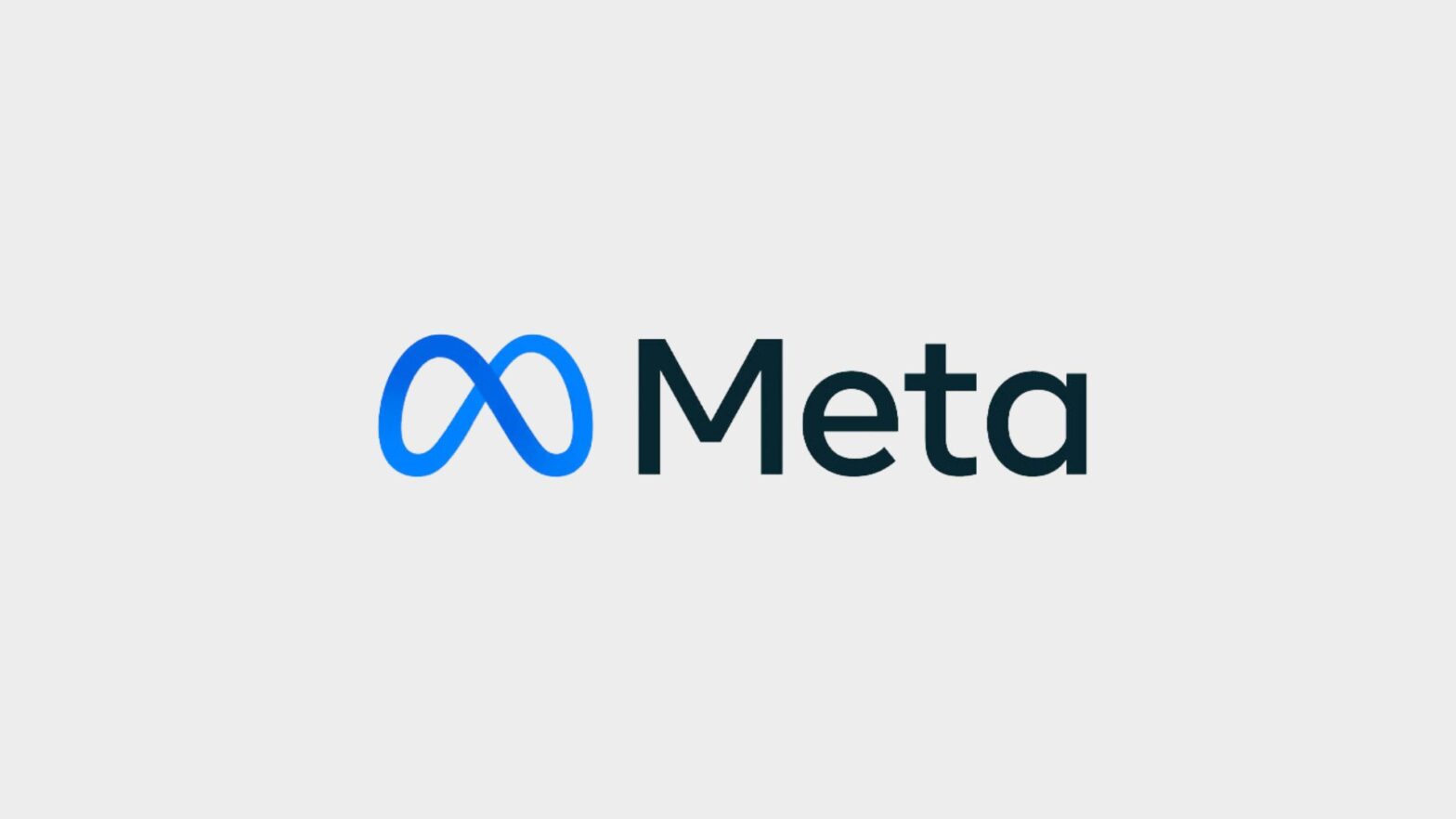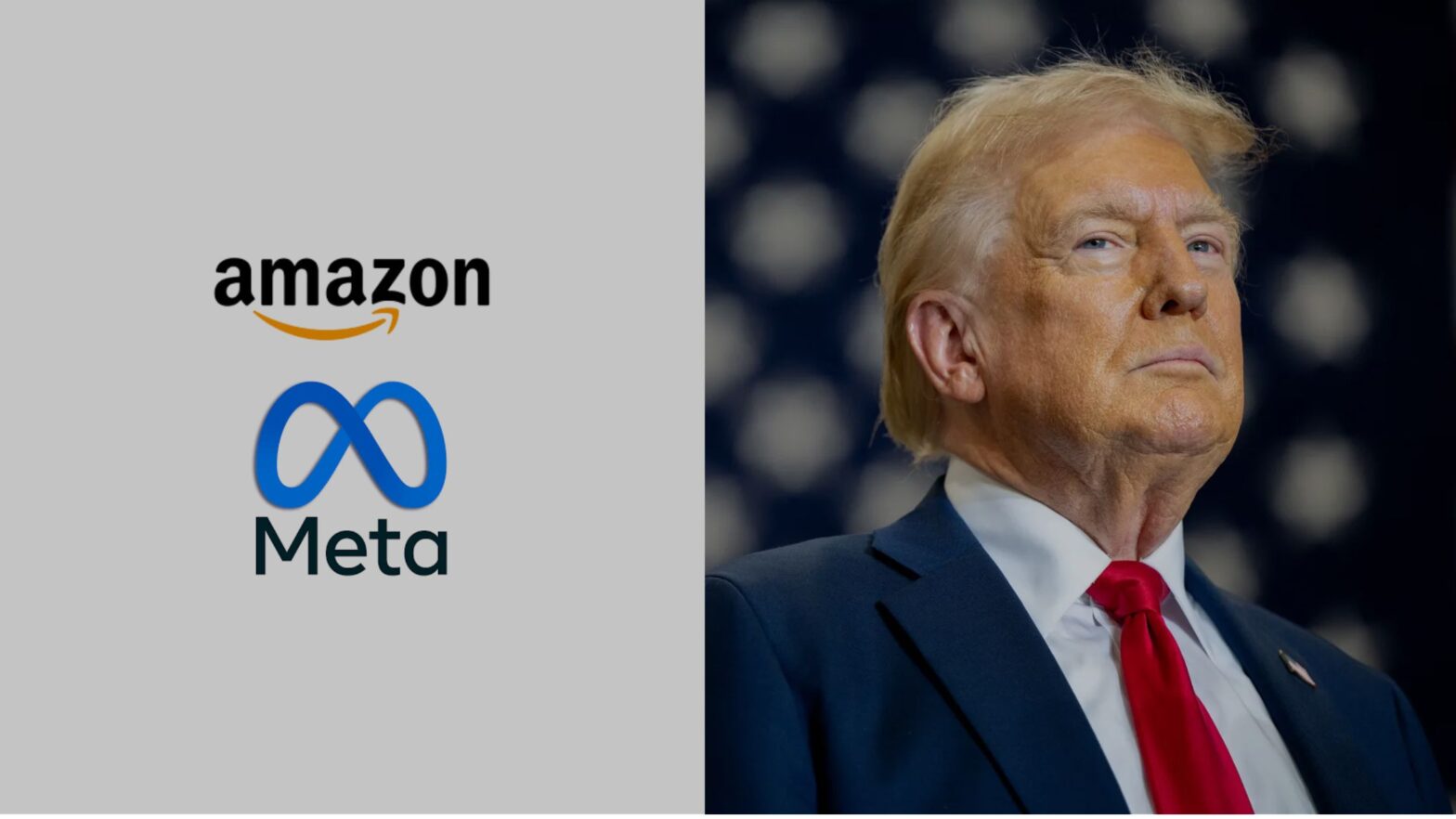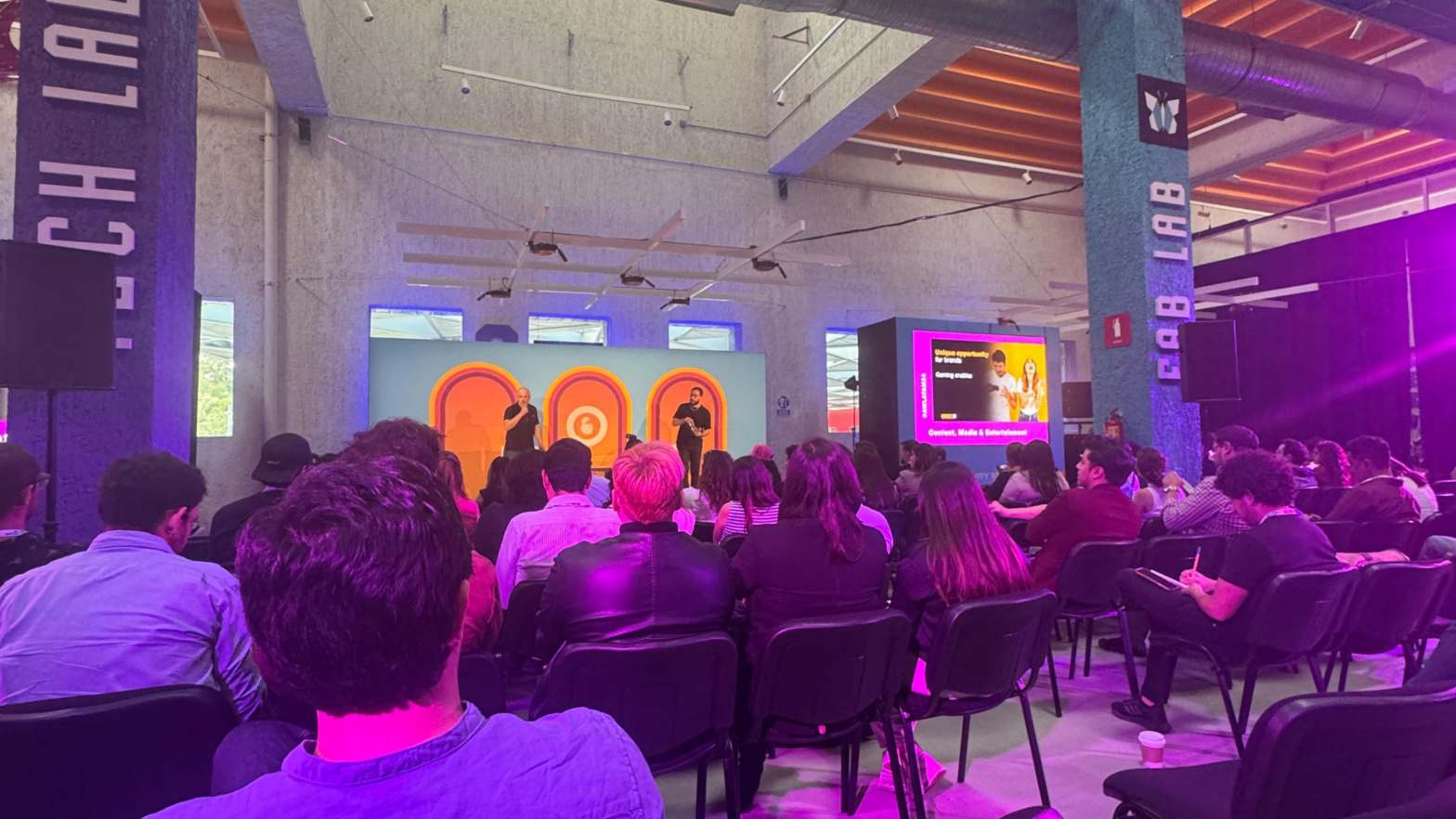Meta launches Movie Gen: the AI set to revolutionize video creation
October 7, 2024

Meta, the company behind Facebook and Instagram, has taken a new step in the race to dominate the world of artificial intelligence with the launch of Movie Gen, an AI model capable of creating realistic videos and audio based on text prompts.
This move positions Meta as a direct competitor in the visual content generation space, rivaling emerging companies like OpenAI and ElevenLabs, which are also developing advanced media generation technologies.
The presentation of Movie Gen showcased a series of videos, ranging from animals surfing to personalized clips of people painting on a canvas, all using real images. This level of personalization, which blends creativity and reality, marks a significant advance in the field of generative AI and opens new possibilities for both audiovisual production and personalized entertainment.
One of the most impressive features of Movie Gen is its ability to generate sound effects and music that sync perfectly with the video content. This not only elevates the level of realism but also allows users to create a fully immersive audiovisual experience without the need for additional tools. Moreover, the tool can edit existing videos, adding elements that seamlessly appear as part of the original scene.
In a demonstration, Movie Gen transformed a dry parking lot into one filled with puddles, where a skateboarder could glide through splashes, all with surprising fluidity.
The launch of Movie Gen comes at a time when Hollywood and the entertainment industry are debating how to use generative AI technologies to improve and accelerate the production of movies and TV shows.
Despite the excitement, the use of generative AI to create visual content raises ethical and intellectual property questions, especially regarding the training of these tools on copyrighted material without the owners’ consent.
Meta, for its part, has stated that Movie Gen will not be released for widespread public use like some of its other AI models. Instead, they plan to work directly with content creators and the entertainment industry to explore the potential of this tool.
The company has adopted a more cautious approach compared to the openness shown with other models, like LLaMA, likely due to the legal and reputational risks associated with the misuse of deepfakes and AI-generated forgeries.
Meta’s strategy seems to focus on using Movie Gen as a way to enhance its own platforms and expand the range of creative tools available to its community of creators. Collaboration with studios and the potential use of this technology in large-scale productions could lead to a broader adoption of generative AI, benefiting both major film studios and small content creators.

Analysis: what does Movie Gen mean for the audiovisual industry?
For marketing leaders and CEOs, the launch of Movie Gen represents a significant evolution in digital content creation. The ability to generate high-quality videos without a production team could open opportunities for companies looking to reduce production costs or quickly create content for advertising campaigns. Movie Gen could be a powerful ally in building immersive and personalized campaigns, especially when creating videos with a strong visual and emotional component.
However, it also presents challenges in terms of regulation and the responsible use of AI. As these technologies become more integrated into content production, business leaders will need to establish clear guidelines on ethical use to avoid legal issues and ensure public trust. Meta’s collaboration with the entertainment industry may be key in shaping how generative AI is regulated, preventing potential abuses while harnessing its transformative potential.




